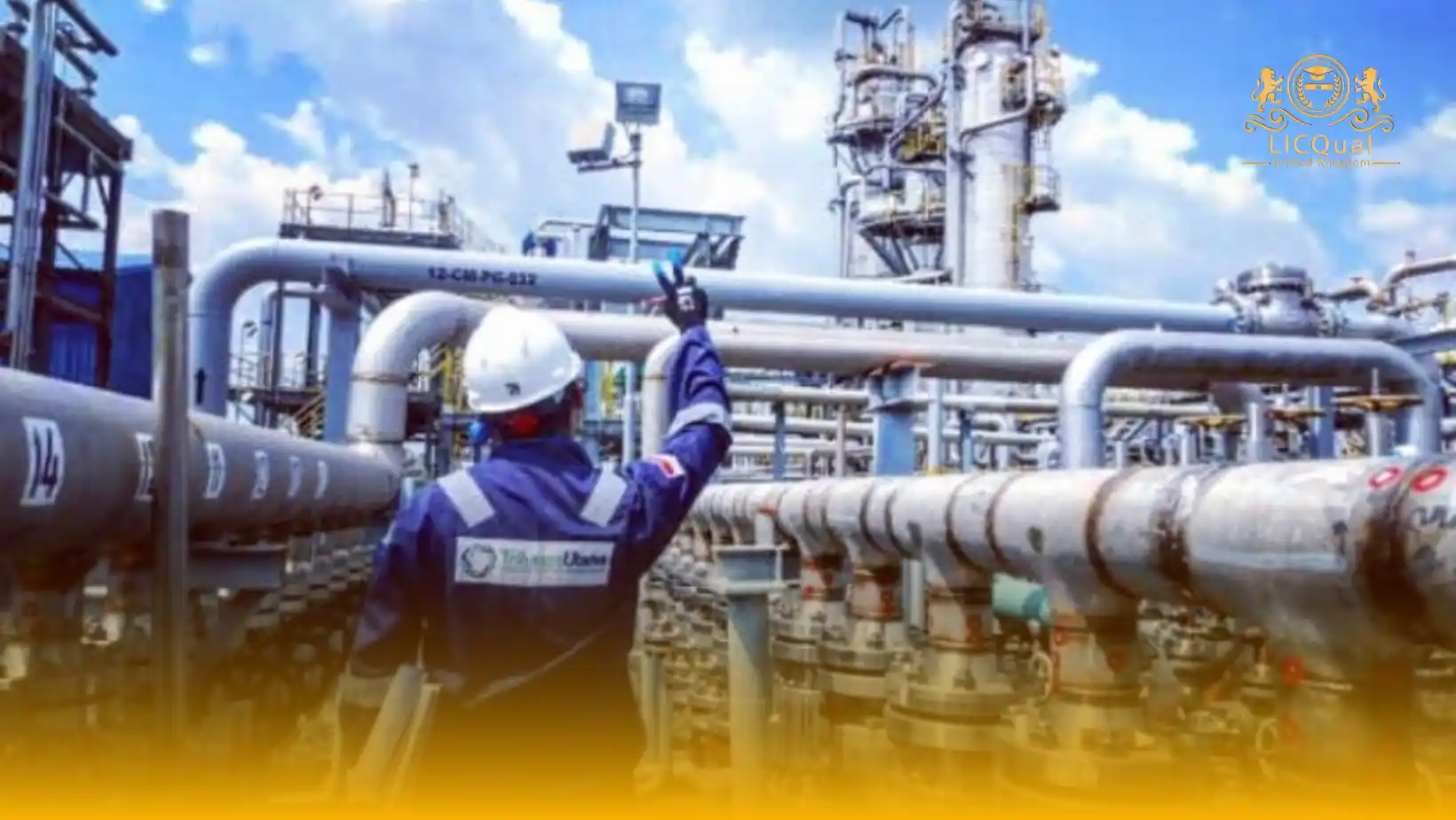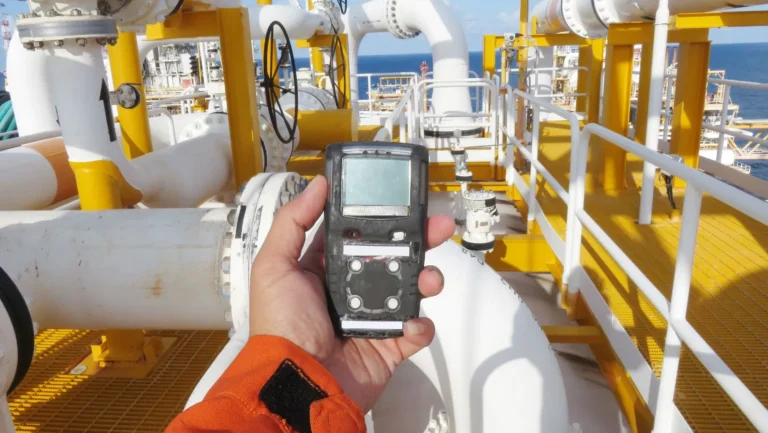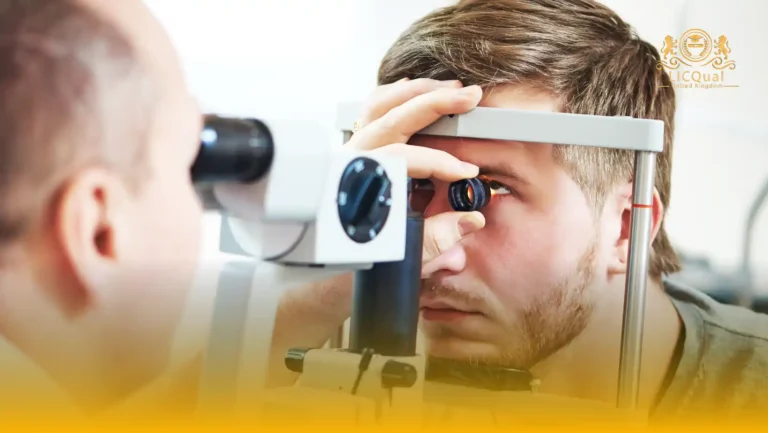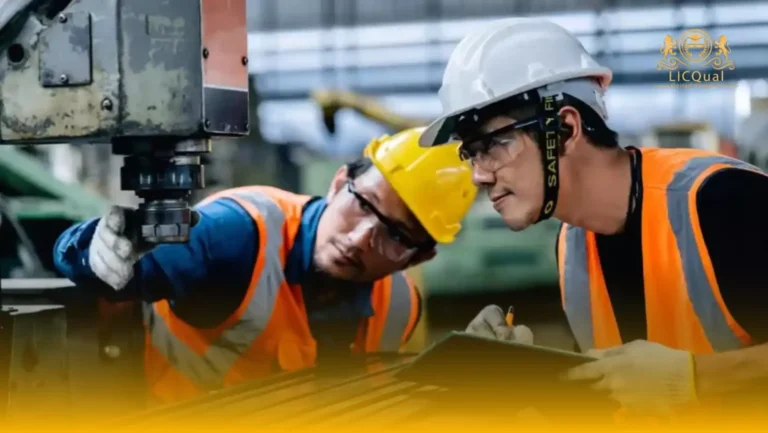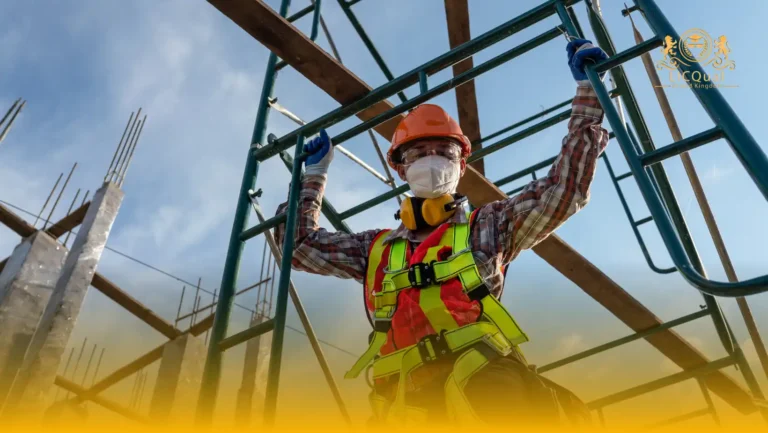The LICQual Level 6 Diploma in QA/QC Piping Inspector is an advanced international qualification designed for professionals aiming to achieve senior-level competence in piping inspection, quality assurance, and quality control. This diploma builds upon foundational QA/QC knowledge and provides in-depth expertise in complex inspection techniques, international standards, project management, and regulatory compliance, making it ideal for leadership roles in high-risk industries such as oil & gas, petrochemicals, power plants, and infrastructure development.
This comprehensive program covers advanced modules including detailed interpretation of ASME, API, ISO, and ASTM codes, risk-based inspection (RBI), welding procedure development, advanced non-destructive testing (NDT) techniques, QA/QC documentation management, and project-based inspection strategies. Learners will also explore inspection planning, root cause analysis, audit preparation, and client interface protocols, all tailored to real-world industrial scenarios.
The LICQual Level 6 Diploma is suited for experienced QA/QC inspectors, engineers, project managers, and technical auditors who are looking to progress into senior inspection, supervision, or quality management positions. The course enhances technical decision-making skills, project documentation control, and the ability to lead QA/QC teams on complex industrial projects.
Upon successful completion, graduates will hold a highly respected international qualification that significantly enhances employability and professional credibility in global engineering and inspection markets.
Course Overview
Qualification Title
LICQual Level 6 Diploma in QA/QC Piping Inspector
Total Units
6
Total Credits
120
GLH
480
Qualification #
LICQ2200548
Qualification Specification
To enroll in the LICQual Level 6 Diploma in QA/QC Piping Inspector applicants must meet the following criteria:
|
Qualification# |
Unit Title |
Credits |
GLH |
|---|---|---|---|
|
LICQ2200548-1 |
Advanced Piping Design, Materials, and Specifications |
20 |
80 |
|
LICQ2200548-2 |
International Standards and Regulatory Compliance |
20 |
80 |
|
LICQ2200548-3 |
Welding Engineering and Procedure Qualification |
20 |
80 |
|
LICQ2200548-4 |
Advanced Non-Destructive Testing (NDT) Methods |
20 |
80 |
|
LICQ2200548-5 |
QA/QC Management Systems and Inspection Planning |
20 |
80 |
|
LICQ2200548-6 |
Pressure Testing, Commissioning, and Mechanical Completion |
20 |
80 |
By the end of this course, applicants will be able to:
1. Advanced Piping Design, Materials, and Specifications
By the end of this unit, learners will be able to:
- Analyze complex piping designs using P&IDs and isometric drawings.
- Select appropriate materials based on temperature, pressure, and corrosion requirements.
- Interpret advanced piping class specifications and engineering datasheets.
- Evaluate material behavior under different mechanical and environmental conditions.
2. International Standards and Regulatory Compliance
By the end of this unit, learners will be able to:
- Apply international codes and standards such as ASME, API, ASTM, ISO, and NACE in QA/QC practices.
- Ensure compliance with local and global regulatory requirements across industrial projects.
- Assess project documentation for conformity with engineering specifications.
- Conduct QA/QC compliance audits and identify gaps or risks in quality assurance systems.
3. Welding Engineering and Procedure Qualification
By the end of this unit, learners will be able to:
- Understand advanced welding techniques and metallurgy relevant to piping systems.
- Review, verify, and develop Welding Procedure Specifications (WPS) and Procedure Qualification Records (PQR).
- Identify and evaluate welding defects and recommend corrective actions.
- Supervise welding activities and ensure compliance with applicable standards and codes.
4. Advanced Non-Destructive Testing (NDT) Methods
By the end of this unit, learners will be able to:
- Apply advanced NDT techniques such as TOFD, PAUT, and digital radiography in piping inspections.
- Interpret complex NDT reports and determine acceptance or rejection based on international standards.
- Select suitable NDT methods based on inspection requirements and material types.
- Coordinate NDT activities and integrate results into the overall QA/QC process.
5. QA/QC Management Systems and Inspection Planning
By the end of this unit, learners will be able to:
- Develop and implement quality management systems tailored to piping projects.
- Prepare detailed Inspection Test Plans (ITPs), checklists, and QA procedures.
- Monitor inspection progress, manage documentation, and ensure traceability.
- Lead QA/QC teams and ensure integration of inspection planning into project execution.
6. Pressure Testing, Commissioning, and Mechanical Completion
By the end of this unit, learners will be able to:
- Plan and conduct hydrostatic and pneumatic testing in accordance with industry standards.
- Identify and manage safety risks associated with pressure testing.
- Supervise commissioning and mechanical completion activities for piping systems.
- Prepare testing documentation, punch lists, and final inspection reports for project handover.
The LICQual Level 6 Diploma in QA/QC Piping Inspector is designed for experienced professionals seeking to advance their careers into senior technical, supervisory, and management roles within the fields of piping inspection, quality assurance, and quality control. This advanced-level qualification is ideal for:
- QA/QC Inspectors and Engineers who wish to upgrade their knowledge and move into lead or senior-level positions.
- Piping Engineers, Welding Engineers, and Mechanical Supervisors looking to deepen their understanding of inspection standards, materials, and regulatory compliance.
- Project Managers and Construction Supervisors involved in piping, fabrication, or commissioning activities.
- NDT Technicians and QA/QC Coordinators seeking broader expertise in inspection planning, documentation, and pressure testing.
- Professionals working in oil & gas, petrochemical, energy, power generation, or infrastructure projects who are responsible for ensuring piping integrity and quality compliance.
- Diploma or Degree holders in Mechanical, Industrial, or Petroleum Engineering who have several years of industry experience and aim to specialize in piping QA/QC.
This course is tailored for individuals who not only want to enhance their technical skills but also aim to lead inspection teams, manage QA/QC systems, and contribute to the successful execution of complex industrial projects at an international level.
Assessment and Verification
All units within this qualification are subject to internal assessment by the approved centre and external verification by LICQual. The qualification follows a criterion-referenced assessment approach, ensuring that learners meet all specified learning outcomes.
To achieve a ‘Pass’ in any unit, learners must provide valid, sufficient, and authentic evidence demonstrating their attainment of all learning outcomes and compliance with the prescribed assessment criteria. The Assessor is responsible for evaluating the evidence and determining whether the learner has successfully met the required standards.
Assessors must maintain a clear and comprehensive audit trail, documenting the basis for their assessment decisions to ensure transparency, consistency, and compliance with quality assurance requirements.

